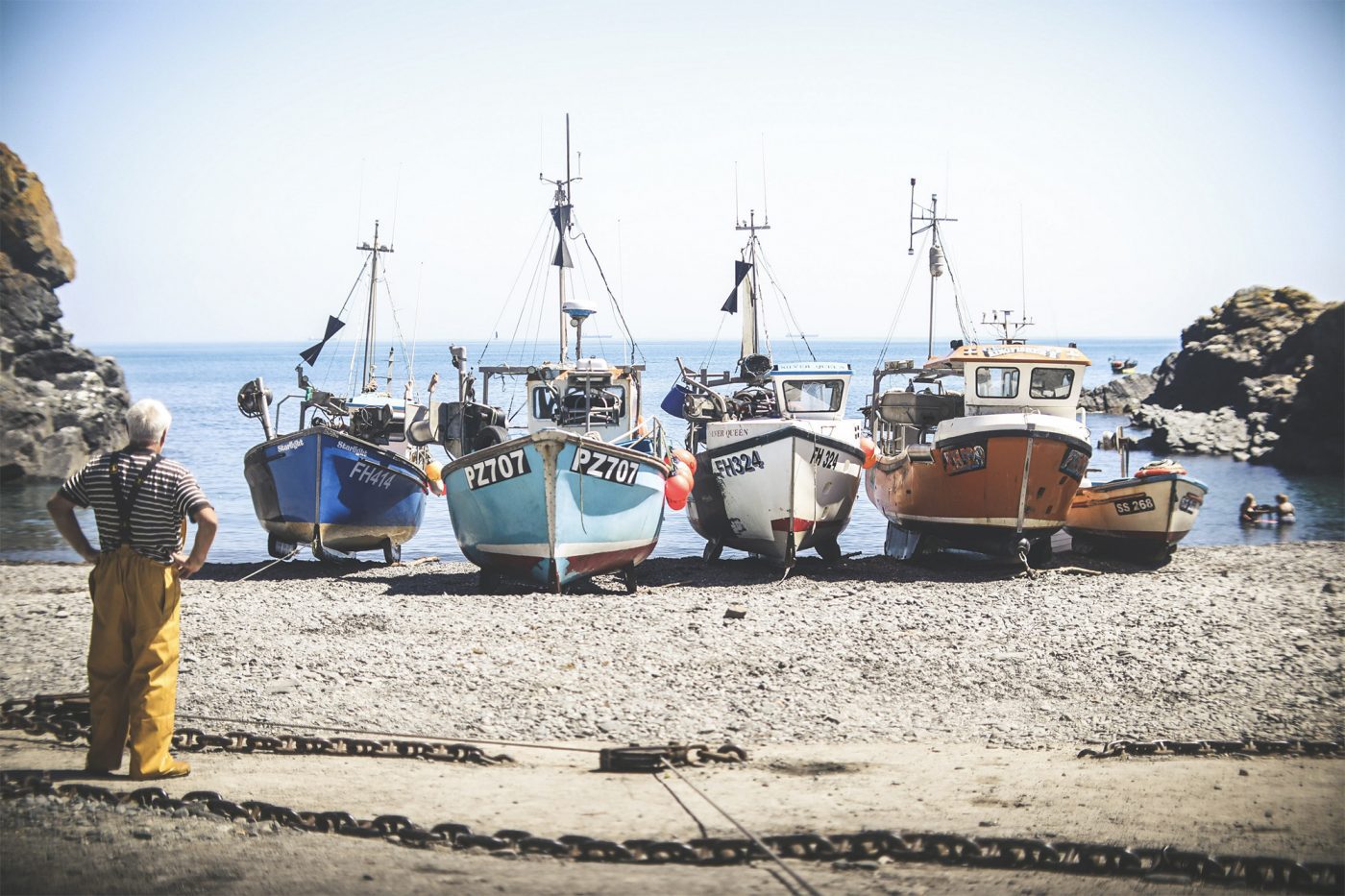6 April 2014
The latest of several regional and port meetings organised by the MMO and NFFO to address problems with the implementation of electronic log books, has been held recently in York.
The
Federation has on several occasions raised the catalogue of e-log problems
experienced by the industry and has highlighted flaws in way the e-log policy
has been implemented, at national level. However, it was felt that the only way
rapid progress could be made would be if the MMO and DEFRA heard directly from
the fishermen who are obliged to use the new equipment and who are facing these
problems on a daily basis. The regional/port meetings are therefore an attempt
to flush out all of the issues and address them, one by one.
“After a period of denial through which the MMO and DEFRA refused to
accept that there was anything wrong, beyond teething troubles, there is now an
acceptance that there are a range of fundamental problems with the system;
these potentially expose fishermen to prosecution for non-compliance”,
said Ned Clark, Chairman of the NFFO’s North East Committee. “Thankfully,
there is now recognition that there are indeed serious problems and these
meetings around the coast are an important step forward in resolving them”,
he added.
The problems fall into a number of categories:
- Technical
- Safety
- Lack
of adequate guidance - Lack
of advisory support - High
costs
“We
appreciate the constructive and pragmatic approach now being applied by the MMO
to get the system up and running in an acceptable way. When the new reporting
technologies are used for vessel and catch monitoring and control and it is a
legal obligation with serious consequences for non-compliance, it is essential
that the system works. So far it hasn’t.”
“An important step forward was having one of the main suppliers in the
room to hear the issues first hand.”
Some of the problems with the e-log/VMS system have been caused by the way the
policy has been implemented in the UK but others – especially the safety issues
– have been caused by the way that the EU Control Regulation has been drafted.
“This is what happens when policy is made remote from the fisheries on the
ground” said Ned Clark.
“It’s been a mess but this type of meeting is vital in getting us to a system
that is easy to use, delivers what is necessary, is low cost and doesn’t
hamper fishermen’s work, or compromise their safety.”

